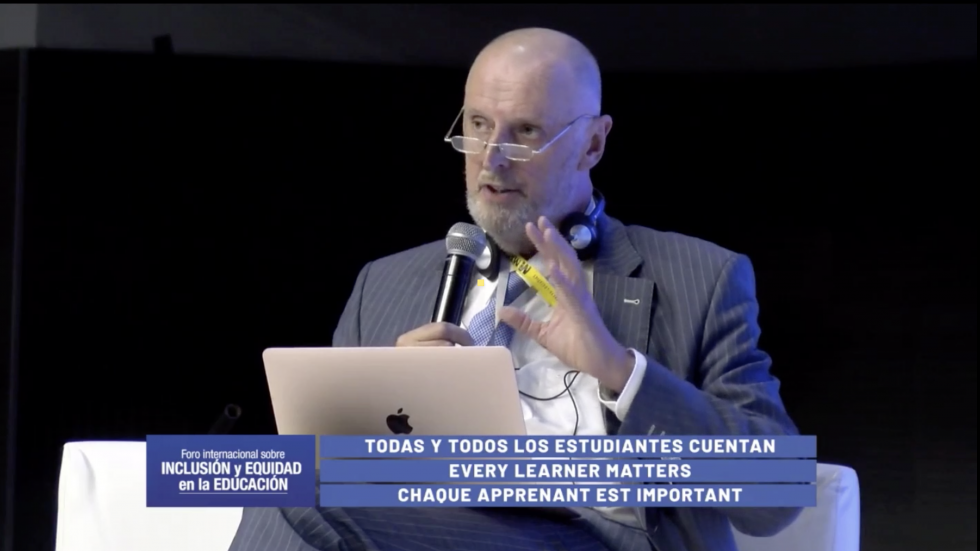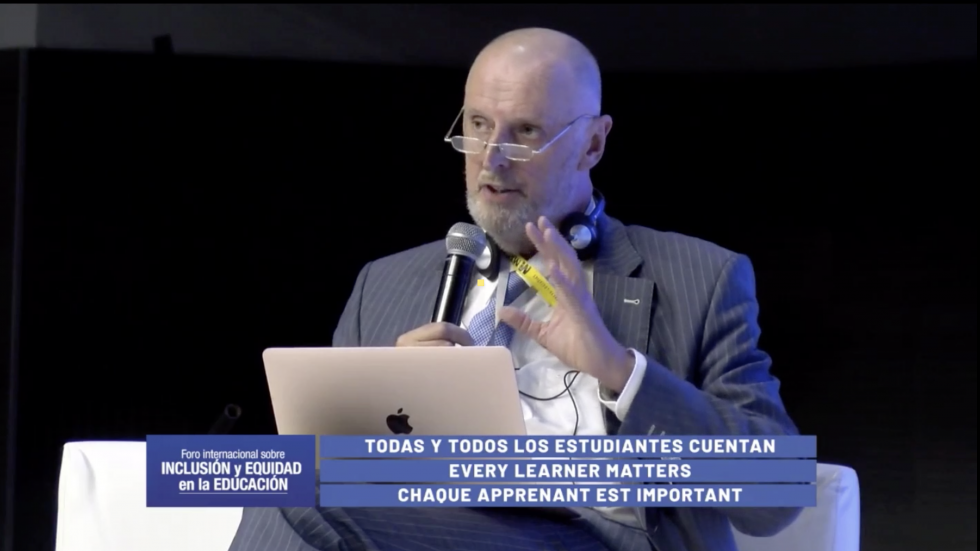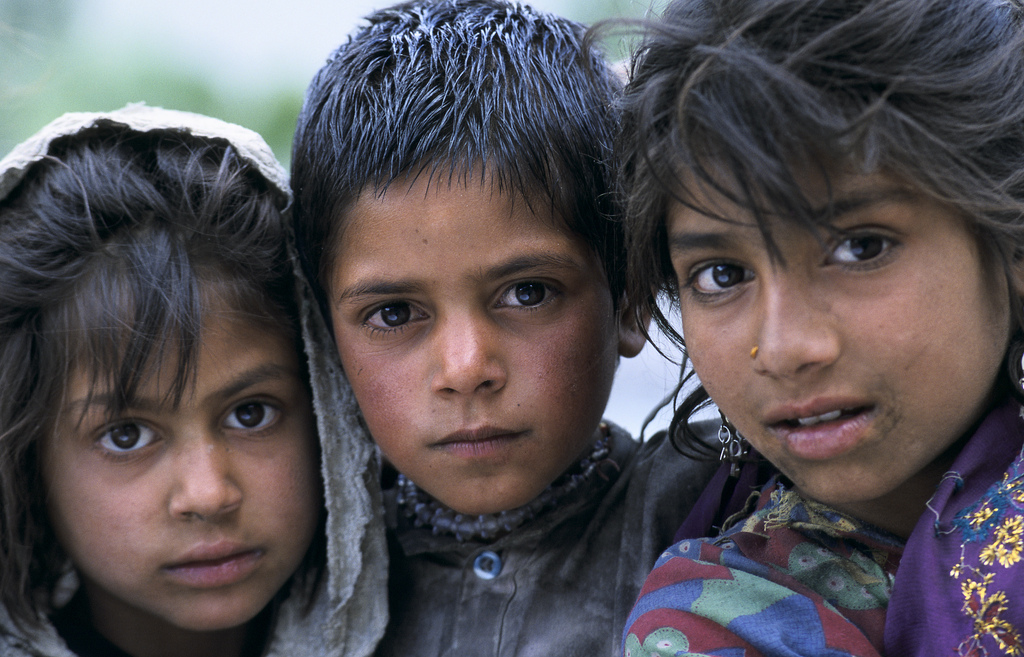Financing and teacher education are two main areas we should focus on to make progress in inclusive education. This was the overarching theme in Agency Director Cor J. W. Meijer’s input at a panel session during the International Forum on Inclusion and Equity in Education, which took place on 11–13 September in Cali, Colombia.
The Forum was organised by the United Nations Educational, Scientific and Cultural Organization (UNESCO), in co-operation with the Ministry of Education of Colombia. With the theme of ‘Every learner matters’, the Forum took place on the 25th anniversary of the World Conference on Special Needs Education, organised by UNESCO and the Ministry of Education and Science of Spain in Salamanca, Spain. The Salamanca Statement set the fundamental principle of inclusion in education:
All children should learn together, wherever possible, regardless of any difficulties or differences they may have. Inclusive schools must recognize and respond to the diverse needs of their students.
Mr Meijer took part in the introductory panel at the Forum, on ‘Inclusion and Equity in and for Sustainable Development Goal 4 (SDG4)’. The panel aimed to reflect on the main global obstacles to achieving SDG4 Target 4.5 and Agenda 2030’s commitment that ‘no one will be left behind’. It also aimed to suggest methods of using monitoring and evaluation data and information to develop policies to address these obstacles.
The panel discussed vulnerable groups and those who are most at risk of educational exclusion. Mr Meijer raised the point that creating policies that focus on particular groups may inadvertently exclude another group. It is important, therefore, to focus on creating policies which meet the needs of all learners and teachers in an inclusive and equitable way.
The Agency’s standpoint is that co‑operative and cross-sectoral working are the best ways to move towards inclusive education. Mr Meijer presented the Agency experience of working co-operatively with countries and international organisations such as UNESCO, which lead to the most meaningful outcomes for everyone concerned. As an example of the Agency’s collaboration with UNESCO, he referred to the Inclusive Education in Action resource base.
Two main barriers to progress towards SDG4 are inefficient financing systems and teacher education that does not prepare all teachers for inclusive education. Mr Meijer proposed possible solutions to these barriers, including:
- more effective education financing, such as providing incentives for inclusive practices and preventing costly exclusionary strategies;
- developing teacher education so that it prepares all teachers to become inclusive teachers.
Mr Meijer concluded by highlighting two Agency projects tackling these issues, namely the Financing Policies for Inclusive Education Systems project and the Teacher Education for Inclusion project’s Profile of Inclusive Teachers.
Watch the video of Mr Meijer's presentation on the Multimedia page.
For more information on the Forum, visit the UNESCO website.


